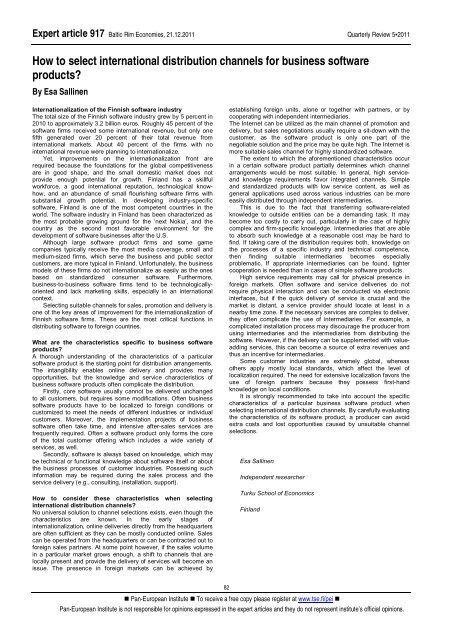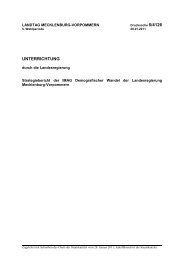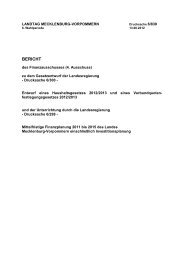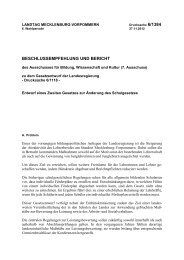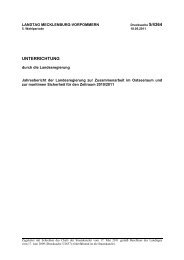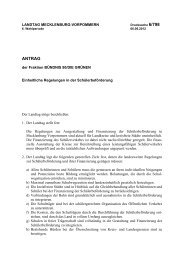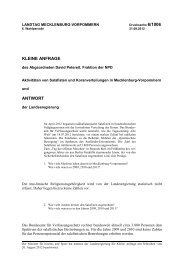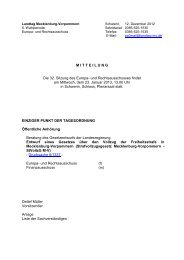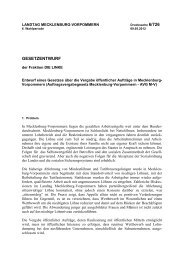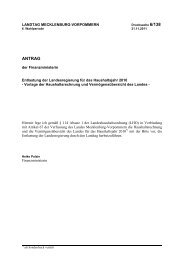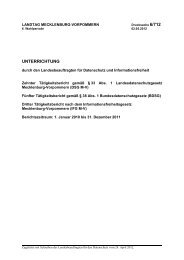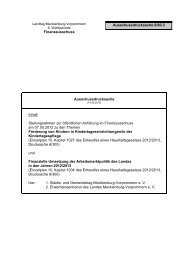Baltic Rim Economies - Baltic Port List
Baltic Rim Economies - Baltic Port List
Baltic Rim Economies - Baltic Port List
Create successful ePaper yourself
Turn your PDF publications into a flip-book with our unique Google optimized e-Paper software.
Expert article 917 <strong>Baltic</strong> <strong>Rim</strong> <strong>Economies</strong>, 21.12.2011 Quarterly Review 5�2011<br />
How to select international distribution channels for business software<br />
products?<br />
By Esa Sallinen<br />
Internationalization of the Finnish software industry<br />
The total size of the Finnish software industry grew by 5 percent in<br />
2010 to approximately 3.2 billion euros. Roughly 45 percent of the<br />
software firms received some international revenue, but only one<br />
fifth generated over 20 percent of their total revenue from<br />
international markets. About 40 percent of the firms with no<br />
international revenue were planning to internationalize.<br />
Yet, improvements on the internationalization front are<br />
required because the foundations for the global competitiveness<br />
are in good shape, and the small domestic market does not<br />
provide enough potential for growth. Finland has a skillful<br />
workforce, a good international reputation, technological knowhow,<br />
and an abundance of small flourishing software firms with<br />
substantial growth potential. In developing industry-specific<br />
software, Finland is one of the most competent countries in the<br />
world. The software industry in Finland has been characterized as<br />
the most probable growing ground for the ‘next Nokia’, and the<br />
country as the second most favorable environment for the<br />
development of software businesses after the U.S.<br />
Although large software product firms and some game<br />
companies typically receive the most media coverage, small and<br />
medium-sized firms, which serve the business and public sector<br />
customers, are more typical in Finland. Unfortunately, the business<br />
models of these firms do not internationalize as easily as the ones<br />
based on standardized consumer software. Furthermore,<br />
business-to-business software firms tend to be technologicallyoriented<br />
and lack marketing skills, especially in an international<br />
context.<br />
Selecting suitable channels for sales, promotion and delivery is<br />
one of the key areas of improvement for the internationalization of<br />
Finnish software firms. These are the most critical functions in<br />
distributing software to foreign countries.<br />
What are the characteristics specific to business software<br />
products?<br />
A thorough understanding of the characteristics of a particular<br />
software product is the starting point for distribution arrangements.<br />
The intangibility enables online delivery and provides many<br />
opportunities, but the knowledge and service characteristics of<br />
business software products often complicate the distribution.<br />
Firstly, core software usually cannot be delivered unchanged<br />
to all customers, but requires some modifications. Often business<br />
software products have to be localized to foreign conditions or<br />
customized to meet the needs of different industries or individual<br />
customers. Moreover, the implementation projects of business<br />
software often take time, and intensive after-sales services are<br />
frequently required. Often a software product only forms the core<br />
of the total customer offering which includes a wide variety of<br />
services, as well.<br />
Secondly, software is always based on knowledge, which may<br />
be technical or functional knowledge about software itself or about<br />
the business processes of customer industries. Possessing such<br />
information may be required during the sales process and the<br />
service delivery (e.g., consulting, installation, support).<br />
How to consider these characteristics when selecting<br />
international distribution channels?<br />
No universal solution to channel selections exists, even though the<br />
characteristics are known. In the early stages of<br />
internationalization, online deliveries directly from the headquarters<br />
are often sufficient as they can be mostly conducted online. Sales<br />
can be operated from the headquarters or can be contracted out to<br />
foreign sales partners. At some point however, if the sales volume<br />
in a particular market grows enough, a shift to channels that are<br />
locally present and provide the delivery of services will become an<br />
issue. The presence in foreign markets can be achieved by<br />
82<br />
establishing foreign units, alone or together with partners, or by<br />
cooperating with independent intermediaries.<br />
The Internet can be utilized as the main channel of promotion and<br />
delivery, but sales negotiations usually require a sit-down with the<br />
customer, as the software product is only one part of the<br />
negotiable solution and the price may be quite high. The Internet is<br />
more suitable sales channel for highly standardized software.<br />
The extent to which the aforementioned characteristics occur<br />
in a certain software product partially determines which channel<br />
arrangements would be most suitable. In general, high serviceand<br />
knowledge requirements favor integrated channels. Simple<br />
and standardized products with low service content, as well as<br />
general applications used across various industries can be more<br />
easily distributed through independent intermediaries.<br />
This is due to the fact that transferring software-related<br />
knowledge to outside entities can be a demanding task. It may<br />
become too costly to carry out, particularly in the case of highly<br />
complex and firm-specific knowledge. Intermediaries that are able<br />
to absorb such knowledge at a reasonable cost may be hard to<br />
find. If taking care of the distribution requires both, knowledge on<br />
the processes of a specific industry and technical competence,<br />
then finding suitable intermediaries becomes especially<br />
problematic. If appropriate intermediaries can be found, tighter<br />
cooperation is needed than in cases of simple software products.<br />
High service requirements may call for physical presence in<br />
foreign markets. Often software and service deliveries do not<br />
require physical interaction and can be conducted via electronic<br />
interfaces, but if the quick delivery of service is crucial and the<br />
market is distant, a service provider should locate at least in a<br />
nearby time zone. If the necessary services are complex to deliver,<br />
they often complicate the use of intermediaries. For example, a<br />
complicated installation process may discourage the producer from<br />
using intermediaries and the intermediaries from distributing the<br />
software. However, if the delivery can be supplemented with valueadding<br />
services, this can become a source of extra revenues and<br />
thus an incentive for intermediaries.<br />
Some customer industries are extremely global, whereas<br />
others apply mostly local standards, which affect the level of<br />
localization required. The need for extensive localization favors the<br />
use of foreign partners because they possess first-hand<br />
knowledge on local conditions.<br />
It is strongly recommended to take into account the specific<br />
characteristics of a particular business software product when<br />
selecting international distribution channels. By carefully evaluating<br />
the characteristics of its software product, a producer can avoid<br />
extra costs and lost opportunities caused by unsuitable channel<br />
selections.<br />
Esa Sallinen<br />
Independent researcher<br />
Turku School of Economics<br />
Finland<br />
� Pan-European Institute � To receive a free copy please register at www.tse.fi/pei �<br />
Pan-European Institute is not responsible for opinions expressed in the expert articles and they do not represent institute’s official opinions.


